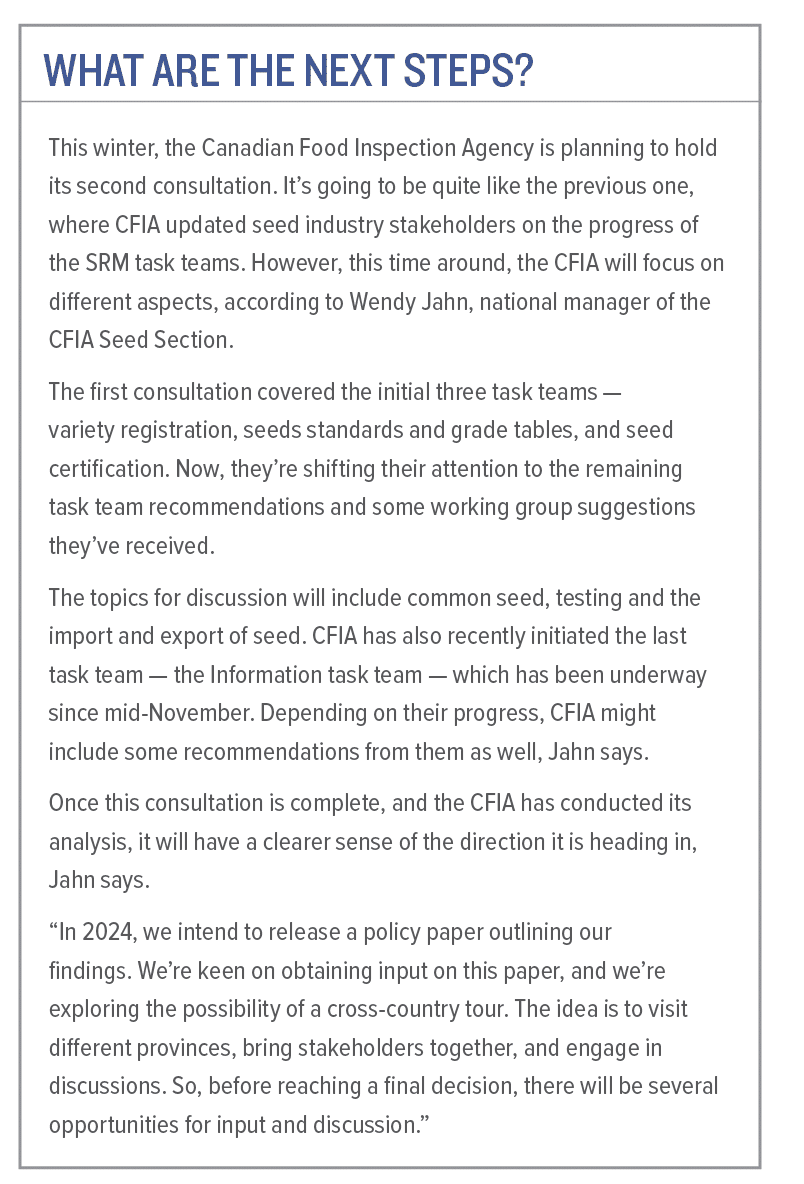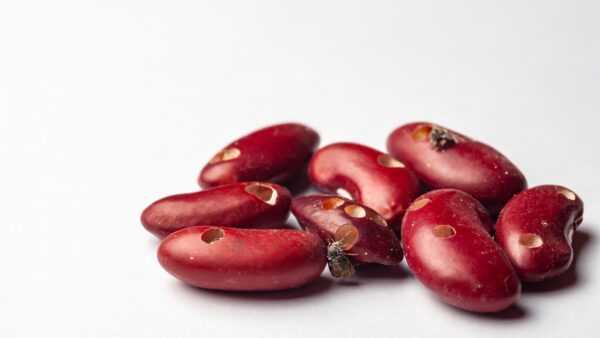Respondents said they like our variety registration system but want a cautious approach toward Incorporation by Reference.
The Canadian Food Inspection Agency has released its much-anticipated “What We Heard” report, which reveals the results of its Seed Regulatory Modernization (SRM) pre-consultation survey. The report is basically a summary of stakeholder feedback to the SRM Task Team recommendations in several areas.
The report is quite detailed, but Seed World Canada wants to provide you with a summary of the results that everyone is waiting to hear about. What did survey respondents think about whether Canada should continue to have a variety registration system? Should Canada continue to have one national body in charge of establishing and determining the seed crop varietal purity standards to issue a seed crop certificate? What about using incorporation by reference (IBR) to make Canada’s seed system more nimble? Read on.
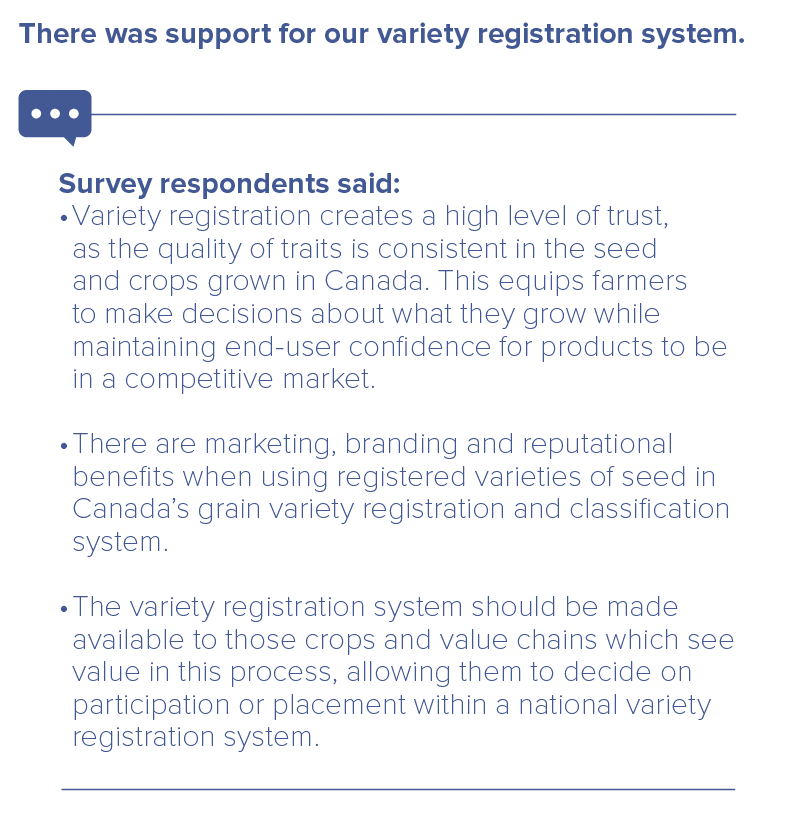
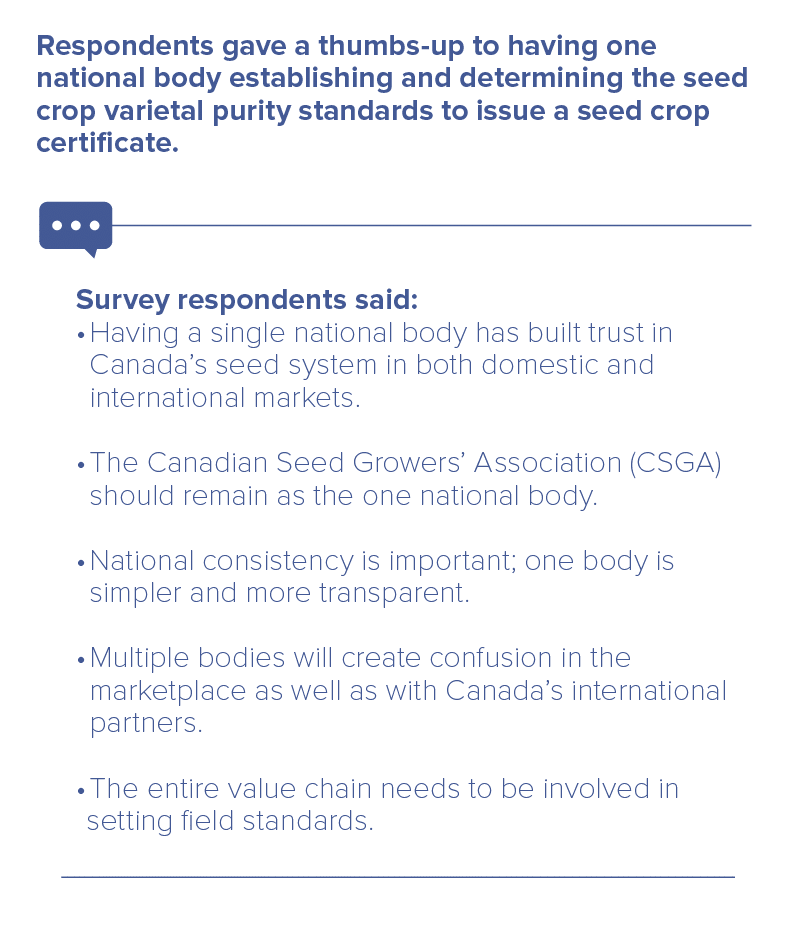
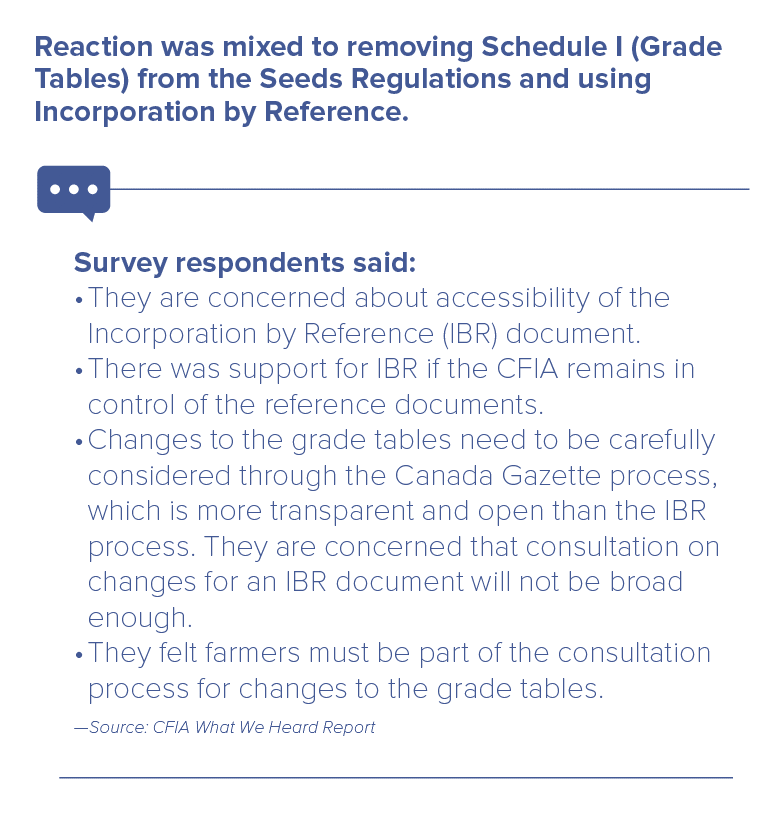
SRM ‘What We Heard’ Report: Reactions
The Canadian Food Inspection Agency’s “What We Heard” report has elicited reaction by a who’s-who of the seed regulatory landscape. We interviewed three of them about what they think about the findings.
Lauren Comin Policy Director, Seeds Canada
Delving into the report, I can’t say I found a wealth of value in it. To be honest, I didn’t expect to. It’s a tall order to distill all the nuances into a survey for the public without a crash course in regulatory intricacies. My expectations were deliberately low, given the nature of the topics. This was crucial because what unfolded in the report affirmed the complexity of the issues. Faced with the prospect of change in such a convoluted landscape, the default inclination often leans towards maintaining the status quo. Specifically, the Incorporation by Reference (IBR) aspect stood out. It’s a powerful tool for modernization and regulatory amendments. We’ve already seen its application in the Seeds Regulations, where certain documents are subject to updates either by the CFIA or external entities. It’s a highly effective tool, a point that might not be fully grasped by those who responded skeptically. Concerns about public trust and the fear that industry might have too much influence in making changes are valid but somewhat misplaced. The IBR process doesn’t involve industry casually rewriting regulations at will. While acknowledging the challenges, I appreciate the necessity for the broader public to comprehend the intricacies of these processes, which can be a daunting task within the scope of a general consultation.

Doug Miller Executive Director, Canadian Seed Growers’ Association
From my perspective, the report’s findings are a true reflection of what we’ve heard from stakeholders and what the SRM working group participants have been saying throughout the SRM process so far. It was heartening to hear that many of the crucial positions we advocated for were recommended or endorsed during the consultation. It’s important to clarify that this isn’t a CFIA report but rather a compilation by CFIA of stakeholder feedback. This distinction is crucial as we move forward. The report highlights strong support for variety registration. I urge everyone to delve into the report, as it identifies common themes from participant feedback, which is invaluable in understanding the nuances. One pivotal question for CSGA was whether there should be a single body responsible for setting standards and issuing crop certificates. This is a role traditionally held by CSGA for over 120 years. It’s gratifying to see that the task team supported this recommendation. Having clarity on this key issue suggests it’s time to conclude that chapter. Let’s shift our focus to unresolved issues within the SRM process where consensus and sector support are lacking.

Wendy Jahn, National Manager, CFIA Seed Section
The task team process that led to the recommendations in the survey involved 130 stakeholder volunteers who contributed their expertise. Upon analysis, these recommendations were categorized into 41 major changes, 28 suggestions acknowledging the current system’s efficacy, and 21 incremental improvements. While the current system working well might seem like “status quo”, it’s a positive affirmation that the seed system is already effective. We are open to substantive change. That said, we don’t want to revolutionize everything if it isn’t needed. We want to ensure that we have a seed system that works for the future.
